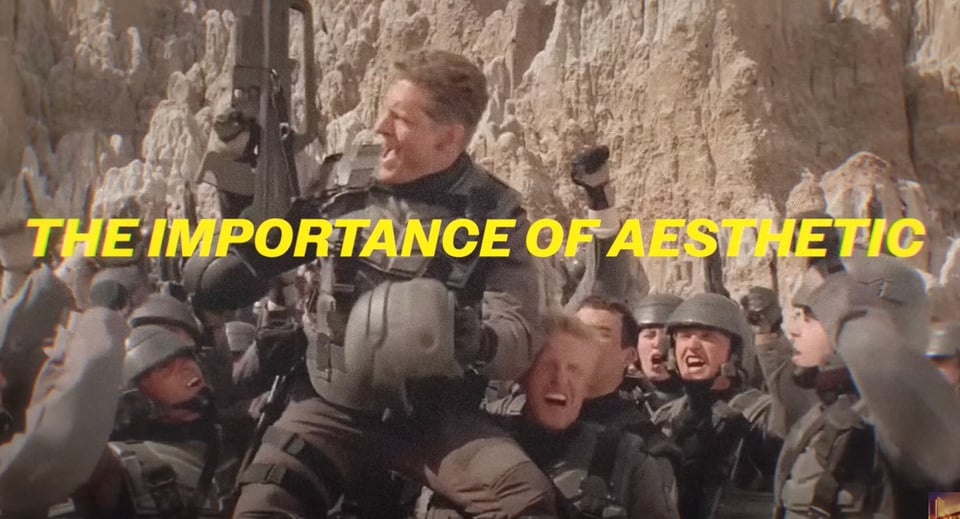Lysenko
I dreamt a giant wave crashed over me, I was underwater, in the dark, being buffeted about, unable to move.
I remembered that I had to wait. So I did, and then I got up and out of the water.
And then I woke up. And got out of bed. At 4am this morning.
There were no rocks in my dream, as there are in real life; no sandy ocean floor to crack my head open, or break my spine, as there are in real life.
Rock bottom, as they say. Reality.
Americans don’t know much about Trofim Lysenko. You probably don’t. That’s OK. You will!
You’ll know him by a different name. I can’t yet say which one but so many have been nominated in recent weeks and, by their sheer number, a few will get through and assume positions of power they have neither the intelligence, knowledge nor temperament to execute as designed: for the public good.
Lysenko is but one example of an “educated” fool who told his king what he wanted to hear – that the laws of money policy, epidemiology, criminology would bend to the greatness of the king’s will. And make the homeland great again.
In Lysenko’s case, at least ~50 million people died. And only then did they hit the floor.
Take that number in. Fifty million beloved children.
It’s a long way down.
Waiting for the wave to break only works without those risks. And, in real life, waves can feed on themselves.
A kakistocracy set up by plutocrats who are focused on looting and (drug fueled) vendettas will make things worse but heightening those contradictions doesn’t necessarily lead to systemic change. It can and often does lead to more authoritarianism. More death and misery. Those are the constants of history; the renaissance, for example, is noteworthy because it was the exception, not the rule.
Adam Something

Among other things, it clarifies that satire is a joke.
If you really believe in something, you need to say it out loud. Your voice should crack. You need to become vulnerable. Satire is whispering. Satire is for losers.
(And I love satire! I truly do.)
If this is your first time watching an Adam Something video, you’re in for a treat. He’s one of the best thinkers in the public sphere today.1 Make time for his videos.
Building Bridges to a Better Tomorrow
I remain convinced that much of what ails us, much of what threatens to take us back to the much, much worse past is a fundamentally unstable present tense where our means escape our mien – our habits are not as sophisticated as our technologies, our educational system not as careful as our complex society requires, our political system very much stuck in the colonial settler mentality that it was meant to transcend.
But on the bright side, knowing that things will break, they can, perhaps, break towards a better tomorrow: a world with less suffering, less injustice, less violence.2
As I wrote a few editions ago, either those of us who love humanity and our fellow humans (more than ourselves) adopt the tools of the day or they’ll be used against us.
My friend Adam has built one such tool and I strongly suggest you check it out:
https://usemywords.game
It uses language models to create a game of understanding.
Building bridges between communities is and always will be the only way forward.
Let’s get to work, with whatever tools we have at our disposal. All of them.
take care,
jose
p.s.
With an acceptance of radical vulnerability / Uncertainty is where we must fix our glance
Last summer I was so impressed by a 1984 TV show featuring the scholar Gayatri Spivak that I wrote a pop song for it. An excerpt of the full debate is here.
What does this high falutin’ talk matter when the subject is life and death?
Before we were told to kneel before Donald Trump, a journalist quoted – without attribution, no less – a member of George W. Bush’s murderous administration as follows:
The aide said that guys like me were 'in what we call the reality-based community,' which he defined as people who 'believe that solutions emerge from your judicious study of discernible reality.' [...] 'That's not the way the world really works anymore,' he continued. 'We're an empire now, and when we act, we create our own reality. And while you're studying that reality—judiciously, as you will—we'll act again, creating other new realities, which you can study too, and that's how things will sort out. We're history's actors...and you, all of you, will be left to just study what we do.’
Alas, we have to think our way forward. Actions without thoughts are how we end up under waves that would kill us.